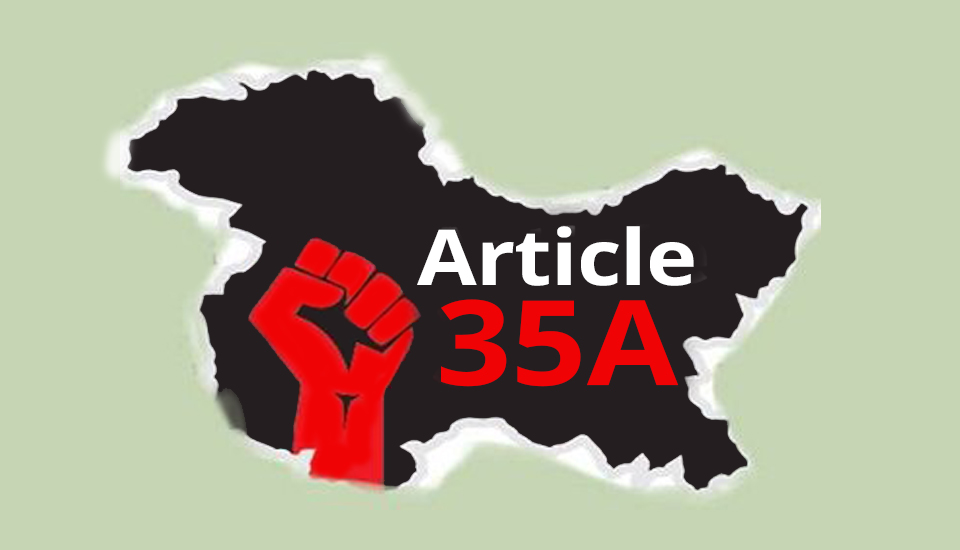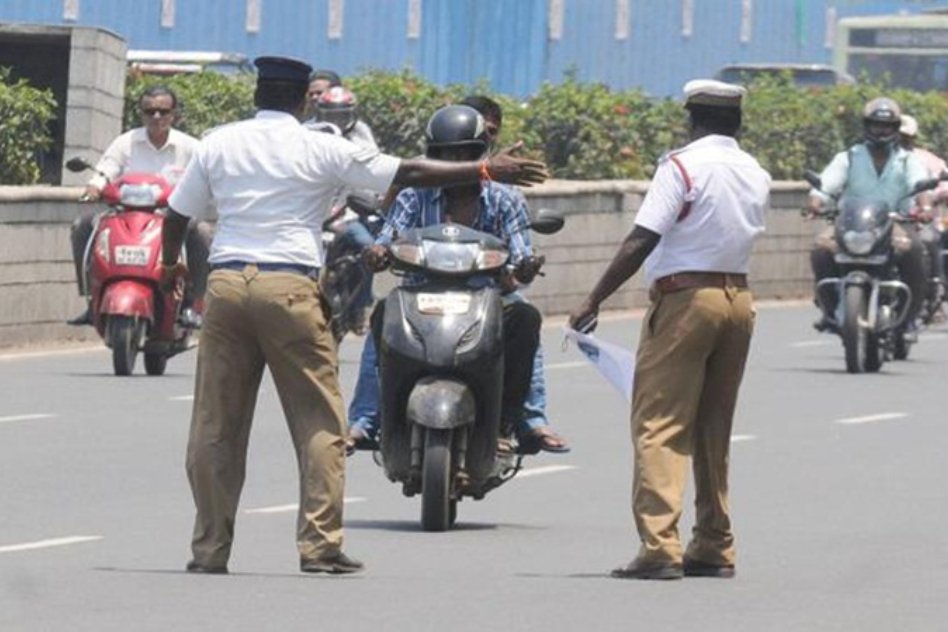The Supreme Court recently in Saloni Arora v. State (NCT of Delhi), (2017) 3 SCC 286 has held that a case for an offence u/s 182 of the IPC is not maintainable without a proper complaint having been filed in compliance with Section 195 of the CrPC.
*Section 182 of the IPC renders culpable False information, with intent to cause public servant to use his lawful power to the injury of another person
*Section 195 of the CrPC (relevant extract) reads as follows :
“195. Prosecution for contempt of the lawful authority of public servants, for offences against public justice and for offences relating to documents given in evidence.
(1) No Court shall take cognizance-
(a) (i) of any offence punishable under sections 172 to 188 (both inclusive) of the Indian Penal Code (45 of 1860 ), or
(ii) of any abetment of, or attempt to commit, such offence, or
(iii) of any criminal conspiracy to commit such offence, except on the complaint in writing of the public servant concerned or of some other public servant to whom he is administratively subordinate;
Read together, it is clear that an offence u/s 182 of the IPC is essentially viewed as an offence against public justice and wrongful invocation of authority of Public Servant and therefore, it is not open for a prosecution to be initiated by a private person. The only way for a court to take cognizance of an offence like S.182 of the IPC is on a complaint in writing by a public servant.
With this in mind, let us proceed to the facts of the instant case:
The case against the accused emanated from another FIR (u/s 302, 201 IPC etc), which was found to have been falsely instituted by the accused, which made out the offence of S.182 of the IPC.
In the said proceedings, the State prosecuting agency sought to prosecute the appellant for commission of an offence punishable under Section 182 IPC. The appellant felt aggrieved of this action of the prosecuting agency, filed an application for her discharge on the ground that since no procedure as contemplated under Section 195 of the Code of Criminal Procedure, 1973 (hereinafter referred to as “the Code”) was followed by the prosecution, the appellant cannot be prosecuted for such offence.
The matter finally reached the Supreme Court and SC held the compliance with Section 195 CrPC to be mandatory.
The Court drew strength from an earlier decision of the SC in Daulat Ram v. the State of Punjab [Daulat Ram v. the State of Punjab, AIR 1962 SC 1206 : (1962) 2 Cri LJ 286] where it was held that in order to prosecute an accused of an offence punishable under Section 182 IPC, it is mandatory to follow the procedure prescribed under Section 195 of the Code else such action is rendered void ab initio.
The Court went on to quote the relevant extracts from Daulat Ram (supra) :
“There is an absolute bar against the court taking seisin of the case under Section 182 IPC except in the manner provided by Section 195 CrPC. Section 182 does not require that action must always be taken if the person who moves the public servant knows or believes that action would be taken. The offence under Section 182 is complete when a person moves the public servant for action. Where a person reports to a Tahsildar to take action on averment of certain facts, believing that the Tahsildar would take some action upon it, and the facts alleged in the report are found to be false, it is incumbent, if the prosecution is to be launched, that the complaint in writing should be made by the Tahsildar, as the public servant concerned under Section 182, and not leave it to the police to put a charge-sheet. The complaint must be in writing by the public servant concerned. The trial under Section 182 without the Tahsildar’s complaint in writing is, therefore, without jurisdiction ab initio.”
The Court went on to hold :
“11. It is not in dispute that in this case, the prosecution while initiating the action against the appellant did not take recourse to the procedure prescribed under Section 195 of the Code. It is for this reason, in our considered opinion, the action taken by the prosecution against the appellant insofar as it relates to the offence under Section 182 IPC is concerned, is rendered void ab initio being against the law laid down in Daulat Ram [Daulat Ram v. the State of Punjab, AIR 1962 SC 1206 : (1962) 2 Cri LJ 286] quoted above.
12. The learned counsel for the respondent (NCT, Delhi), however, submitted that the State has, therefore, made a fresh application on this behalf before the trial court which, according to him, is still pending consideration. Be that as it may.
13. We express no opinion on such application if it is filed by the State as, in our view, it has to be dealt with on its own merits in accordance with law by the court concerned.
14. In the light of the foregoing discussion, the appeals succeed and are allowed. The impugned orders [Saloni Arora v. State, 2015 SCC OnLine Del 14460] , [Saloni Arora v. State, 2016 SCC OnLine Del 6566] stand set aside.”





